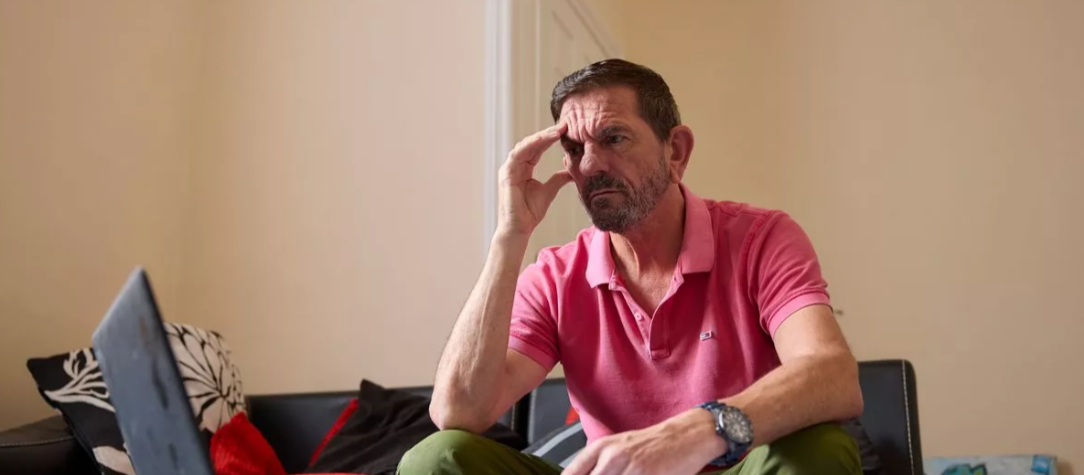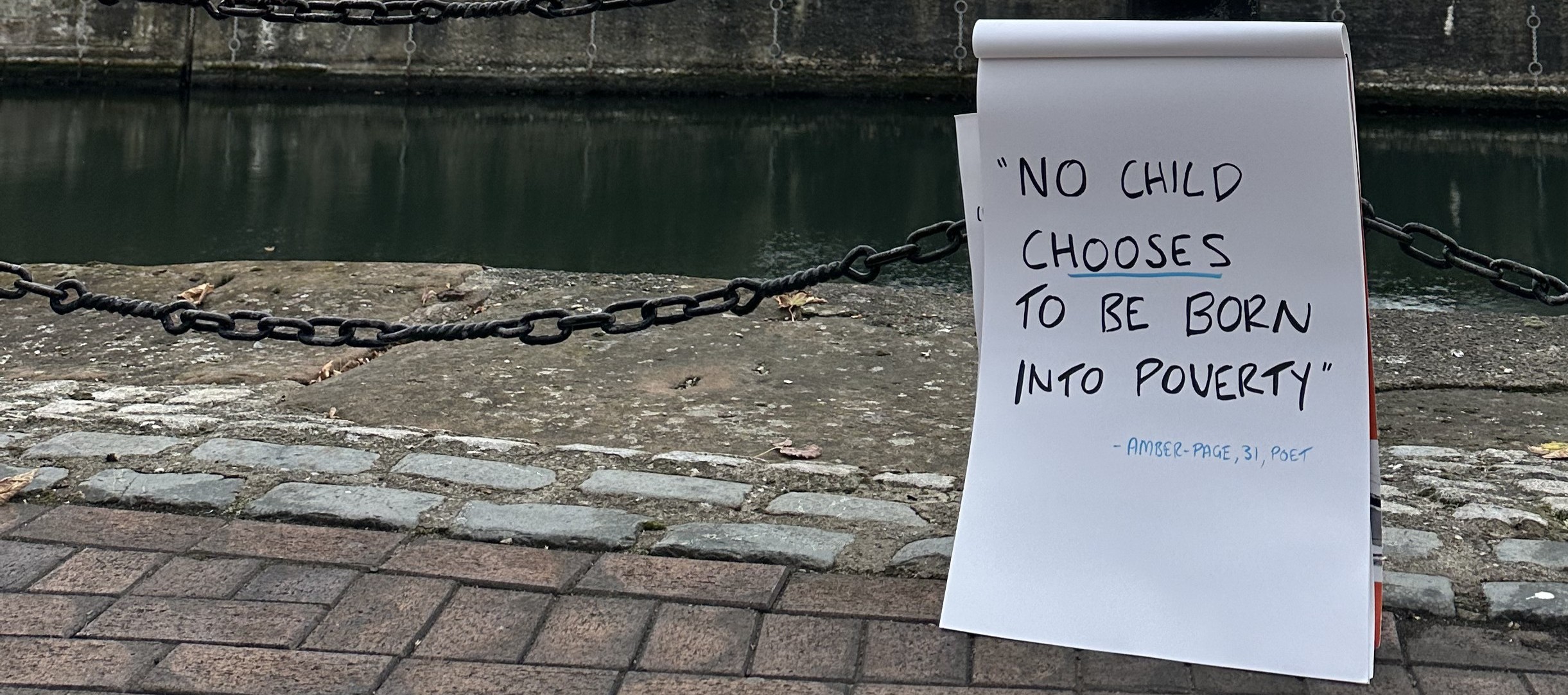By Michael Hough, Senior Public Affairs Officer at the Mental Health Foundation
Poverty and mental health are inextricably linked, yet too often the relationship is not fully understood. Poverty is both a cause of mental health problems and a consequence of it. In our new report with the Joseph Rowntree Foundation, we’ve explored these links in more detail, and come up with solutions for how the UK can alleviate poverty and tackle mental ill-health.
More than 14 million people are living in poverty in the UK – an entirely unacceptable figure. A greater proportion of people living in poverty are now living in deep poverty than in 1994/95 – meaning these people’s income, after housing costs, is less than 50% of the UK median average. This doesn’t affect everyone equally; groups such as large families, ethnic minorities, disabled people, and renters are all at greater risk.
Moreover, poverty is not equally geographically spread. While average poverty rates have converged to around the same level in England (22%), Wales (21%), and Scotland (21%), certain areas in the UK have higher rates of poverty. In its latest report on poverty, JRF details how the West Midlands has the highest rate of poverty at 27%, closely followed by the North West, London and Yorkshire and the Humber – all more impoverished than the average region.
There is not only an overwhelming moral case for intervention, but also a strong economic one too. Every year, poor mental health alone costs the UK £117.9bn. Tackling poverty and mental ill-health will reduce healthcare costs, create stronger, healthier communities, and improve our workplaces.
This situation is not inevitable – poverty can be mitigated and mental health harms can be addressed. In our report, we set out policy recommendations in five key areas we believe will be effective. These are ensuring everyone has an adequate income, tackling child poverty, improving workplaces, addressing poverty stigma, and delivering a humane response to the mental health of asylum seekers.
For example, one of the best ways to reduce mental ill-health is to ensure everyone has an adequate income. That is why we support the Essentials Guarantee campaign, which would ensure everyone has a protected minimum amount of financial support to afford essentials.
Alongside this, we also need concrete action to tackle child poverty. We support the government’s Child Poverty Strategy, but it must be ambitious. It must be a whole-government strategy where Whitehall leverages all departments towards eliminating child poverty and its effects.
There is also a perfect opportunity to address poverty through the upcoming Employment Rights Bill. Particular working practices and job types can be significant barriers to good mental health, meaning this legislation must be used to reduce job security and in-work poverty, while bringing in new rights to make work secure and predictable.
Ultimately, a negative narrative holds poverty in place and promotes poverty stigma. It goes without saying this needs to be addressed. The Department for Work and Pensions and all other government departments should examine how they can contribute to reducing poverty stigma through service design and delivery.
But this approach must also reach across society to those who are often forgotten when it comes to policymaking, such as asylum seekers, who face a high risk of poverty when arriving in the UK. They face unique pressures regarding work, with financial support asylum not keeping up with the cost of living. The UK government should automatically grant asylum seekers the right to work if they have been waiting for longer than six months on their claim, which would deliver £4.4 billion to the UK economy.
The scale of the mental health and poverty crises the UK faces are drastic, and there is little time to waste. Our proposals lay out the most effective ways to address this worsening situation. The question now is whether the government are bold enough to listen.
——————————————————————-
This article is featured in our 6 August newsletter.
Want to hear about the latest poverty research, stories and events?
Stay on top of what you need to know. Sign up to our newsletter and join our powerful network of 3.9k+ professionals, volunteers and individuals actively engaged in tackling poverty across the UK.







